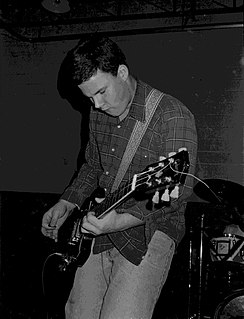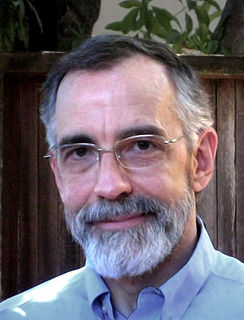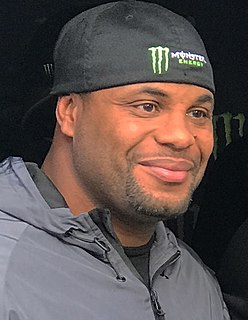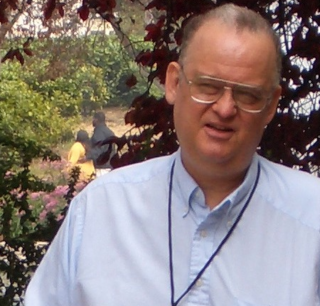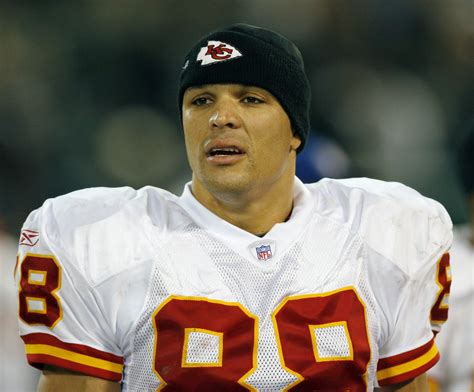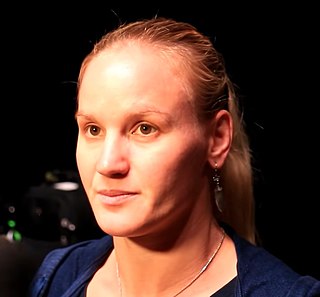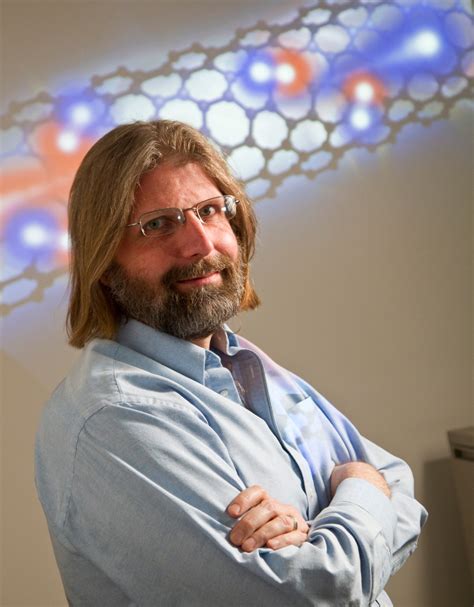A Quote by David Grubbs
There's a book of interviews with John Cage by Joan Retallack called Musicage that was finished the summer that he died, in 1992. And in one of the last interviews, he was very excited to talk about nanotechnology. There's real technophilia from him, a kind of utopian embrace of the idea that nanotechnology will free people up to do what they really want to do.
Related Quotes
In 1998, I set up and directed a research group at the Nanotechnology Institute newly created in the Research Center of Karlsruhe. This allowed to offer to former post-doctoral coworkers the opportunity to develop and to progressively set up independent research activities in nanoscience and nanotechnology.
I don't want to lose ever. I don't want to lose at anything. I want to make weight faster than the guy that I'm fighting if we both go into the sauna at the same time. When we're doing interviews I want to have quicker wit so that I can make him feel stupid. I want to drink my water faster. And then when we get in the cage I want to beat him up. I don't think people really truly understand the extent that I go to try not to use.
My talk is inside of the cage. This is my real words where I talk every time. I think this is really important. You can speak before the fight on whatever you want, but inside of the Octagon, inside of the cage, it shows who you are. You can speak whatever you want, but who you are is who you will be inside the cage.
